
The agreement will Increase global manufacturing capacity for Novavax’s vaccine candidate, NVX-CoV2373, to more than two-billion annualized doses when at full capacity in 2021.

The agreement will Increase global manufacturing capacity for Novavax’s vaccine candidate, NVX-CoV2373, to more than two-billion annualized doses when at full capacity in 2021.

The agreement between the two companies will significantly increase global supply capacity for Lilly's potential COVID-19 treatments.

The investment will include new manufacturing lines and increased automation to deliver additional manufacturing capacity.

The investment at its Madison, WI, facility will expand MilliporeSigma’s capacity for high-potent active pharmaceutical ingredient production and allow for continuous flow manufacturing of ADCs.

The company is investing $130 million to add Phase III through commercial-scale manufacturing suites to its gene therapy campus in Harmans, MD.

The companies have entered into a strategic partnership for the CMC development and manufacturing of Ansun’s biologics pipeline.

The companies will collaborate on the production of a novel anti-SARS-CoV-2 immunoadhesin in iBio’s FastPharming manufacturing system.
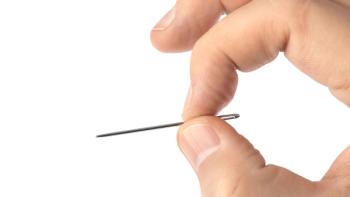
The increased use of single-use bags in biologic manufacturing poses the risk of pinholes and other defects that cannot currently be tested for.

As technology matures, inefficiencies and process limitations in downstream process chromatography are improved.
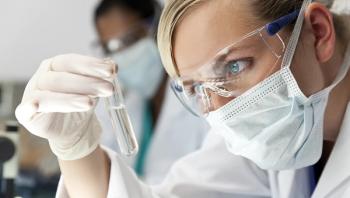
Current and newer biologic modalities pose increasingly complex challenges to the detection and characterization of protein aggregates.

In the study, GigaGen presents a novel technology for producing a new class of drug, recombinant hyperimmunes, that may potentially generate new COVID-19 therapies.

The company has made several moves in recent weeks to expand manufacturing capacity and cell line services.

The therapy, indicated for a rare form of B-cell non-Hodgkin’s lymphoma, was developed by Kite, a Gilead company, which will manufacture the therapy at its facility in El Segundo, CA.
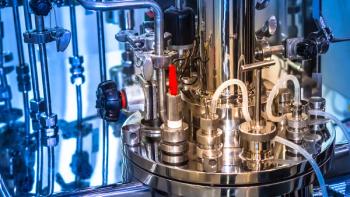
This article presents the results of a survey conducted to gain insight on the impact of the COVID-19 pandemic on biomanufacturing operations.

Process modeling offers an opportunity to troubleshoot for and anticipate difficult aspects of a bioprocess.

It is critical to evaluate specific considerations, from design to application, for the benefit of downstream bioprocessing and manufacturing.

Glycoengineering is growing in importance as a technique to improve antibody therapeutic efficacy, safety, and product quality.

Fujifilm Diosynth Biotechnologies’ North Carolina site will be used to manufacture Novavax’ NVX‑CoV2373 vaccine candidate for a Phase III clinical trial.

GSK and CureVac will collaborate on mRNA-based vaccines and mAbs. Separately, the EIB and others provided CureVac with financing for development of its CVnCoV vaccine candidate and expansion of manufacturing.

BARDA and DOD have awarded a $450-million contract to Regeneron Pharmaceuticals to manufacture and supply an investigational double antibody cocktail in development for treating COVID-19.
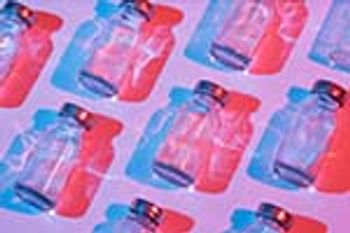
Manufacturers and the US government are investing heavily in traditional and non-traditional forms and materials to ensure supplies of containers and delivery devices for COVID-19 treatments and vaccines.
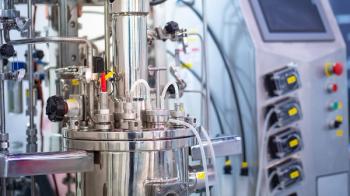
Innovative approaches, including ready-to-use materials and in-line dilution, can significantly streamline overall bioprocessing operations.
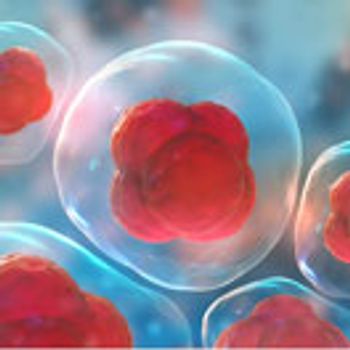
Manufacturers must address scale-out challenges of autologous cell therapy for commercial manufacturing.

The companies have entered into a development and manufacturing agreement for Anthos Therapeutics’ abelacimab for treating thrombotic disorders.

Agreements with the PolyPeptide Group and AGC Biologics will scale up production of the Novavax Matrix-M adjuvant.